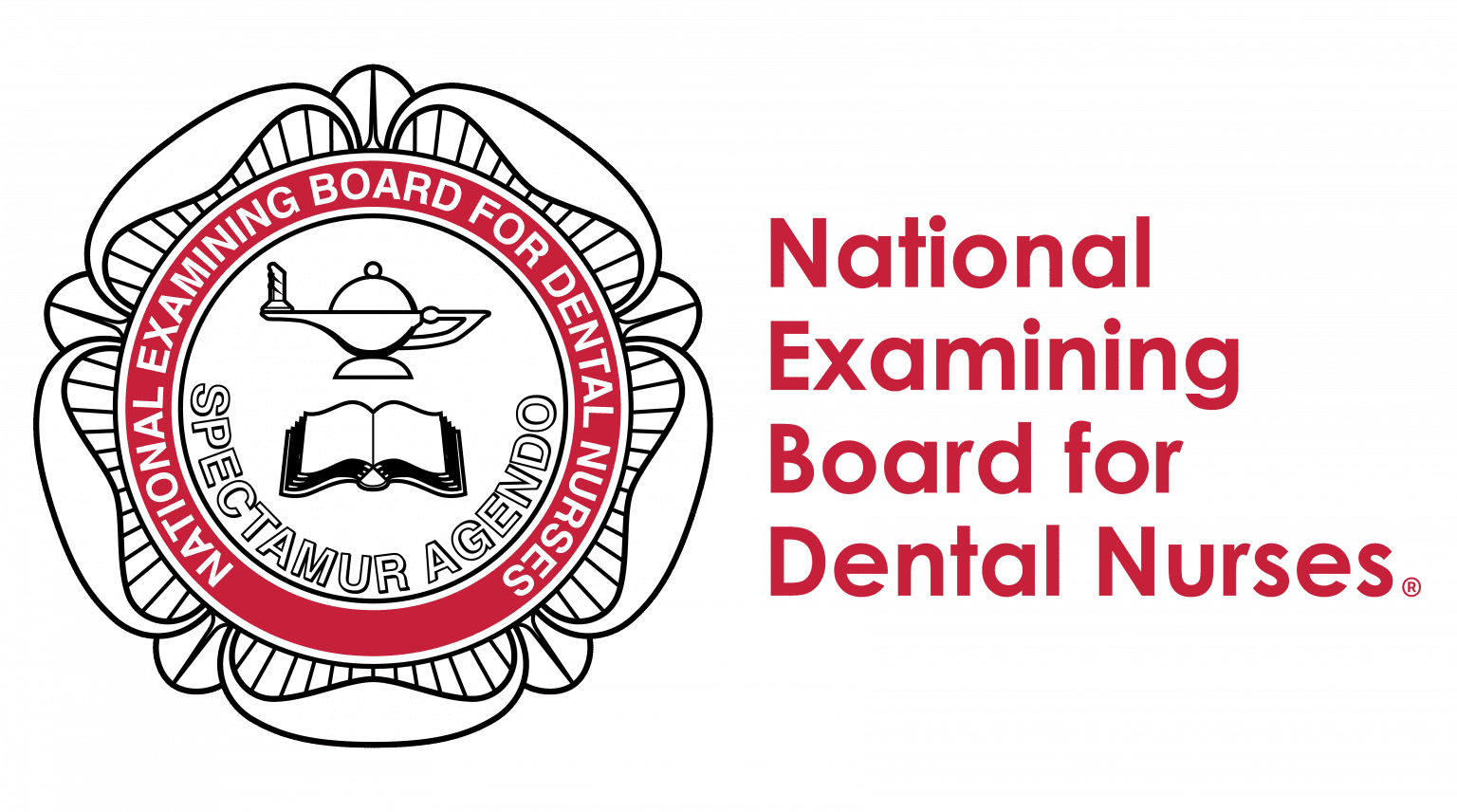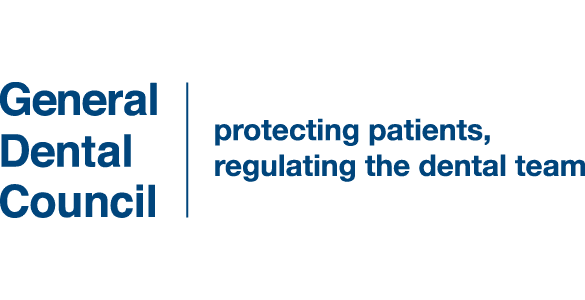Overseas Dental Care Professionals in the UK
REGISTER WITH THE GDC
The General Dental Council (GDC) is the organisation that regulates dental professionals in the UK. All dentists and dental care professionals must be registered with the GDC and licenced to work in the UK. If you are an international dentist or dental hygienist, then we can help you acquire the GDC registration, allowing you to continue your dental career in the UK.
If you are an overseas dentist, technician, hygienist, or therapist who wants to work in the UK, Dental Tutors can help you register with the GDC.
Dental care professionals can enrol in our NEBDN National Diploma for £1800 (if they are already in the process of ORE/LDS registration or just passed the exams).
After successfully finishing the course and passing the exams, students are able to register with the GDC.
NATIONAL DIPLOMA IN DENTAL NURSING
The General Dental Council recognises NEBDN’s National Diploma in Dental Nursing as meeting their standards for education, meaning that students who achieve it can apply to be registered and work as a dental nurse. By upholding these standards, we contribute to maintaining and enhancing patient safety and care.
Our National Diploma in Dental Nursing course is recognised by the NEBDN.
We are supporting overseas dental care professionals with:
- ORE exam application process
- Support and guidance with dentists’ and dental hygienists’ applications
- How to register with GDC
- Free consultation
- Eligibility
TEMPORARY REGISTRATION
Temporary registration allows dentists who are not eligible for full registration to practise dentistry in the UK in supervised posts for training, teaching, or research purposes only for a limited period. Temporary registration will not allow dentists to work in general or private practice or in community dental services.
An overseas-qualified dentist can apply for temporary registration in specific approved posts if they hold a dental qualification from a university that is recognised by NARIC UK for the purposes of temporary registration and the overseas registration examination (ORE).
Temporary registration is granted for a minimum of 84 days and a maximum of 365 days at a time and may be renewed by means of an application for up to a maximum of 1826 days (5 years).


THE RIGHT TO WORK IN THE UK
Registration with an appropriate regulatory authority does not give you the right to work in the UK.
If you are not a UK/EEA national, you will need to meet the requirements of UK visa and immigration regulations to gain the right to enter and work in the UK.
European Economic Area nationals
Dentists from the EEA with a primary qualification specified in the relevant EC Directive can register with the General Dental Council and practise in the UK based on that qualification. All dentists who qualified outside the UK must confirm the status of their registration and the documentation required for registration, with the GDC before they travel to the UK.
In certain circumstances, dental professionals who are non-EEA nationals but are family members of EEA nationals are entitled to be treated as EEA nationals for registration purposes. Non-EEA nationals must provide certain documents to prove this entitlement. The main conditions under which this condition applies are as follows:
- The non-EEA national must be a family member of an EEA national (other than a UK national).
- The EEA national is moving to work or reside in the UK, and a family member is accompanying them.
Non-European Economic Area nationals
Dentists from outside the EEA whose qualifications are not recognised for full registration with the GDC need to take the overseas registration examination (ORE). For information on the qualifications recognised for full registration, dentists should contact the GDC.
The ORE tests the clinical skills and knowledge of dentists from outside the EEA whose qualifications are not recognised for full registration with the GDC. The examination is based on the UK dental curriculum and uses modern assessment methods to ensure a robust and consistent examination.
Dentists who pass this examination become eligible to apply for full registration to practise in the UK.
All applicants need to demonstrate that they have an appropriate level of English language competence before they can sit for the ORE and are required to demonstrate their linguistic competence by sitting for the International English Language Testing System (IELTS).
LICENCE IN DENTAL SURGERY – LDS
Similar to the ORE exam, there is also another registration exam, the Licence in Dental Surgery (LDS), provided by the Faculty of Dental Surgery at the Royal College of Surgeons of England. It follows the same curriculum requirements but differs slightly in its structure.
The Licence in Dental Surgery (LDS) is the oldest continuously existing dental qualification in the UK, awarded by the Faculty of Dental Surgery of the Royal College of Surgeons of England (RCS).
The award of this postgraduate qualification offers key career benefits for dentists worldwide. Successful UK candidates are eligible to become members of the RCS, while successful international candidates are eligible to apply for registration with the General Dental Council (GDC).
More information:
https://www.rcseng.ac.uk/education-and-exams/exams/search/license-in-dental-surgery/
OVERSEAS REGISTRATION EXAM (ORE)
The ORE is an exam that overseas dental care professionals have to pass in order to register with the GDC. Registration allows dentists to practise unsupervised in the UK.
The ORE tests the clinical skills and knowledge of dentists whose qualifications are not recognised in the UK. Candidates are expected to meet or exceed the standard of a ‘just passed’ UK BDS graduate.
A candidate is expected to be able to show competence, knowledge, and familiarity in the different aspects of dentistry.
Both parts of the exam are mapped to learning outcomes, and a candidate could be tested on any aspect of dentistry in this document.
The exam uses modern assessment methods to ensure a robust and consistent exam. The exam has two parts.
Once a person passes the ORE, they might need to do up to a year’s additional training to work in NHS general dental practice. In England and Wales, this process is called ‘Performers List Validation by Experience (PLVE)’. In Scotland and Northern Ireland, a different but similar process exists (‘VT equivalence’) which is a mix of mandatory training, CPD and in-practice work before dentists can apply for their own NHS list number.
It is important to note that the places for the ORE are limited, which means that there is a waiting list for both parts of the exam.
More information:
https://www.gdc-uk.org/registration/overseas-registration-exam







